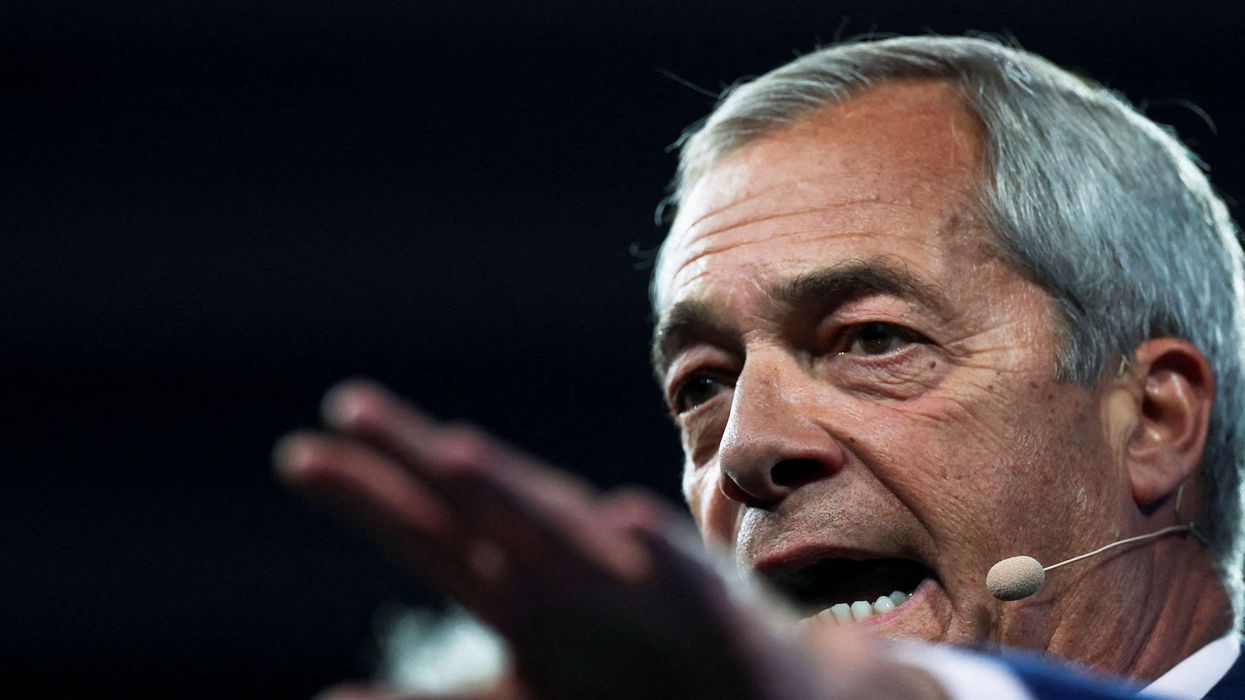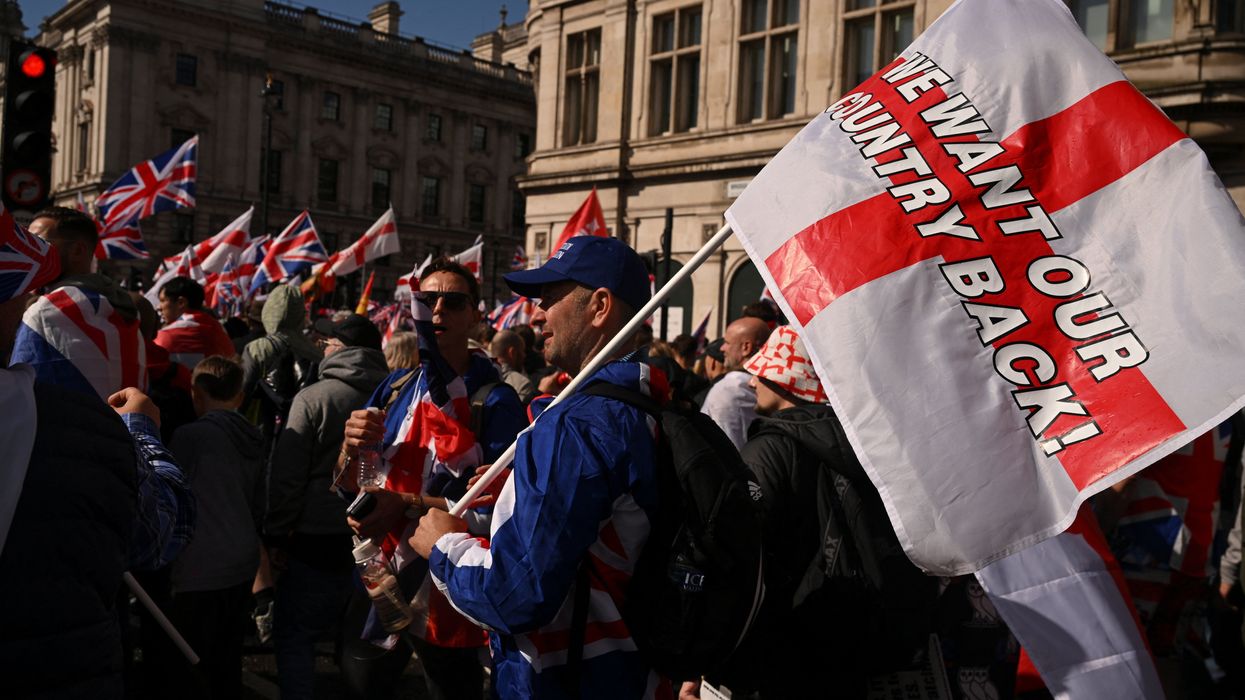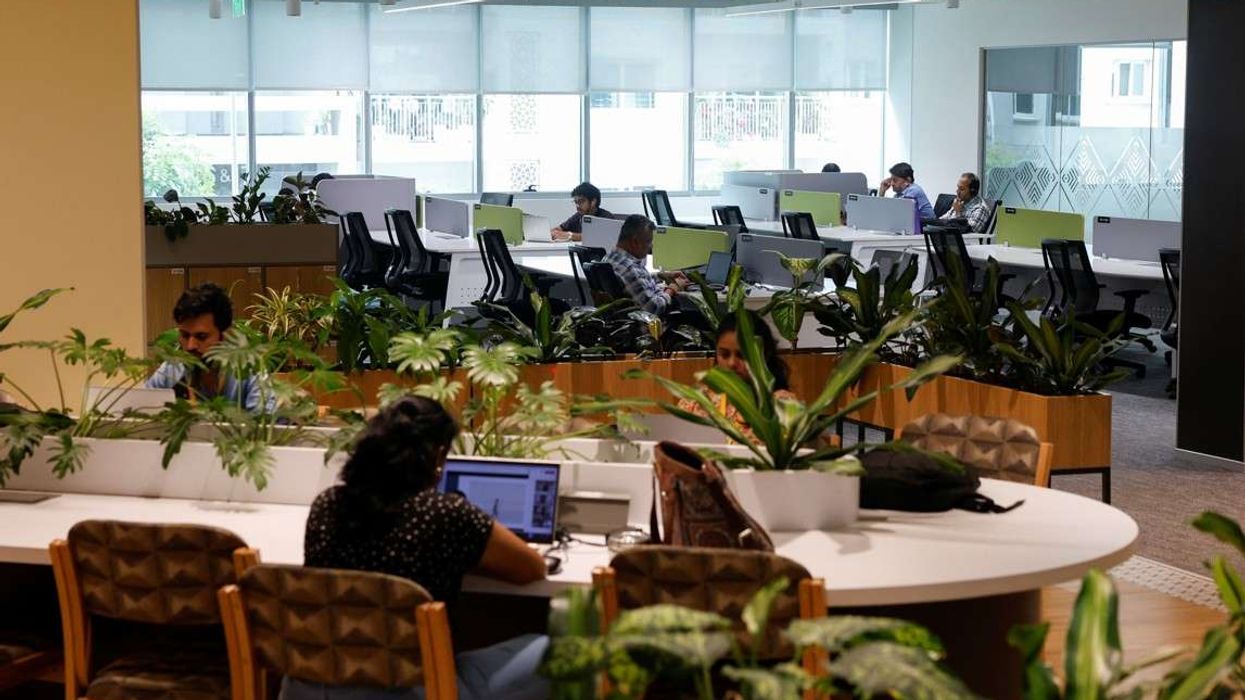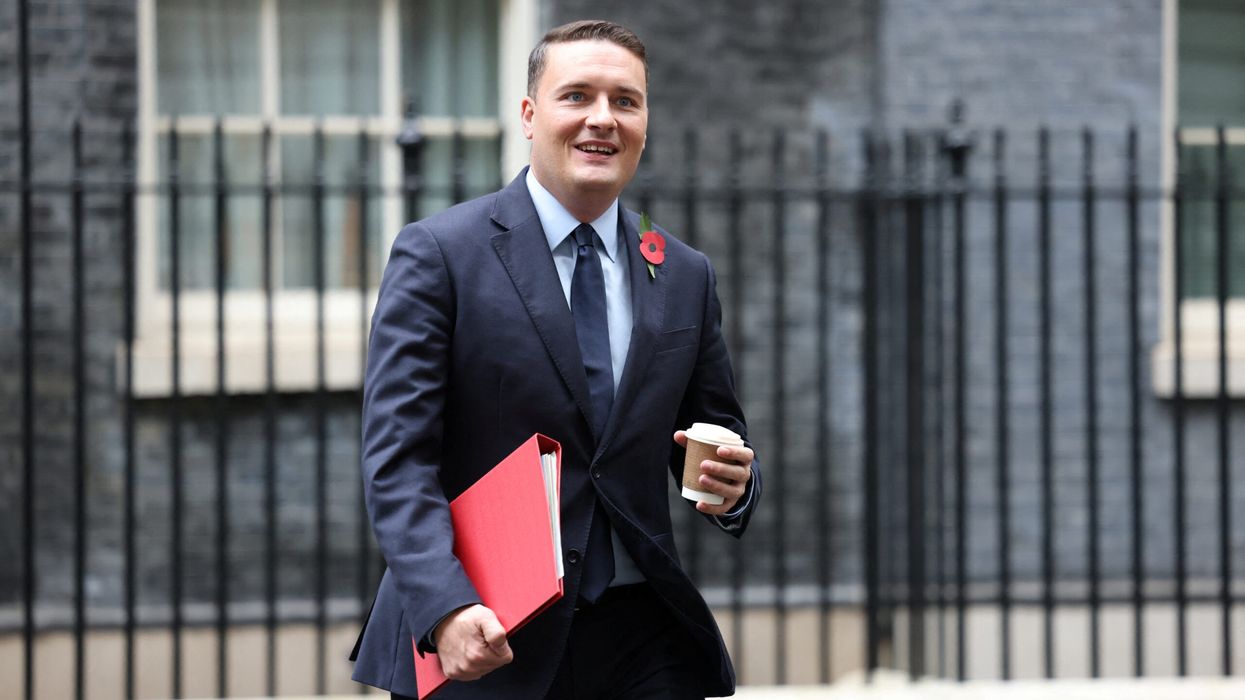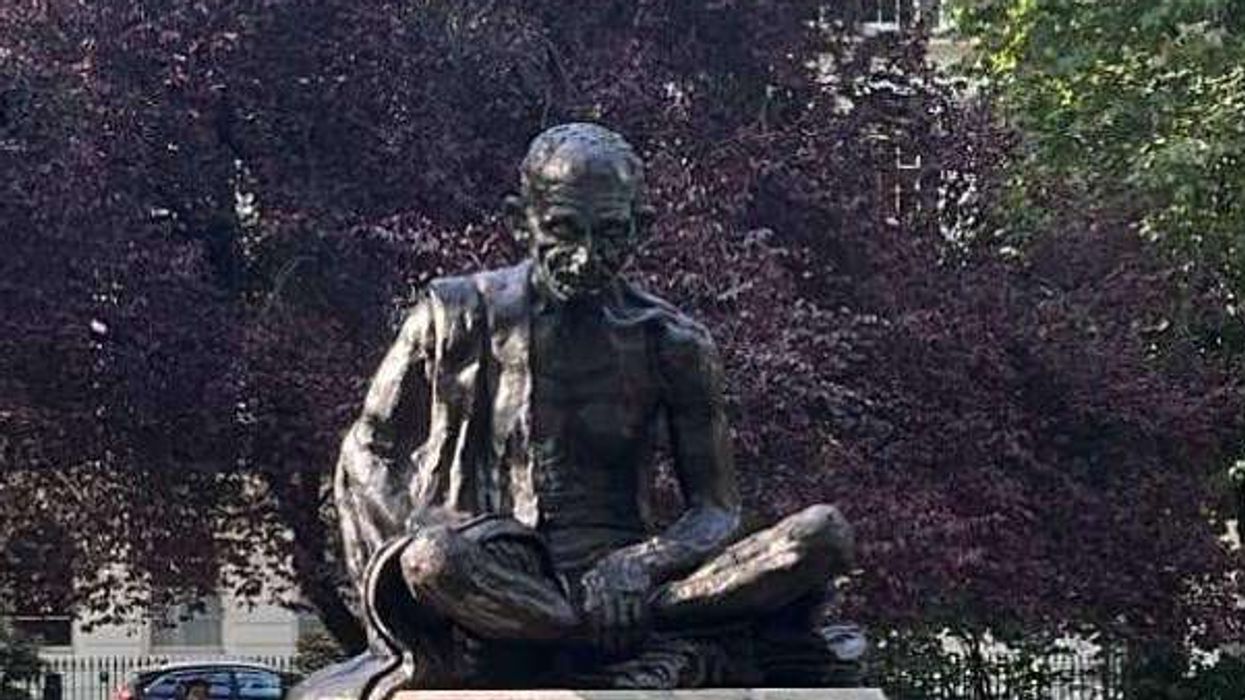AN ELDERLY man from Pakistan languishing in the infamous Guantanamo Bay detention centre for more than 16 years without being charged has been approved for release, according to his lawyer .
Saifullah Paracha, 73, detained on the suspicion of facilitating Al Qaeda is one of the three people approved for release by the prisoner review board which concluded that he is no longer a continuing threat to the US.
Although Paracha’s lawyer Shelby Sullivan-Bennis who represented him at his hearing in November said there are no impediments for him to walk free, the approval does not mean his release is imminent as the US government has to negotiate a repatriation agreement with Pakistan, Dawn reported on Tuesday (18).
However, there is optimism in the light of the Joe Biden administration’s inclination to close the detention centre located in the US naval base in Cuba.
The US authorities had said Paracha, a wealthy businessman who lived in the US and owned property in New York City, was an “Al Qaeda facilitator” and helped two of the conspirators in the September 11 terror plot with a financial transaction. Paracha, however, denied his involvement in terrorism, saying he did not know they were Al Qaeda operatives.
Detained in Thailand in 2003, Paracha has been held at Guantanamo since September 2004 and made eight appearances before the prisoner review board over the years, the report said. Now suffering from several ailments including diabetes, he is the oldest of the 40 detainees currently held in the detention centre.
In 2005, a New York court had convicted his son Uzair Paracha of providing support to terrorism, but he was cleared by a judge in 2020.
Guantanamo Bay detention centre was set up during the George W Bush administration in 2002 after the September 11, 2001 terror attacks in the US. The US said it could hold detainees indefinitely without charges, a policy criticized by human rights organizations for years.





